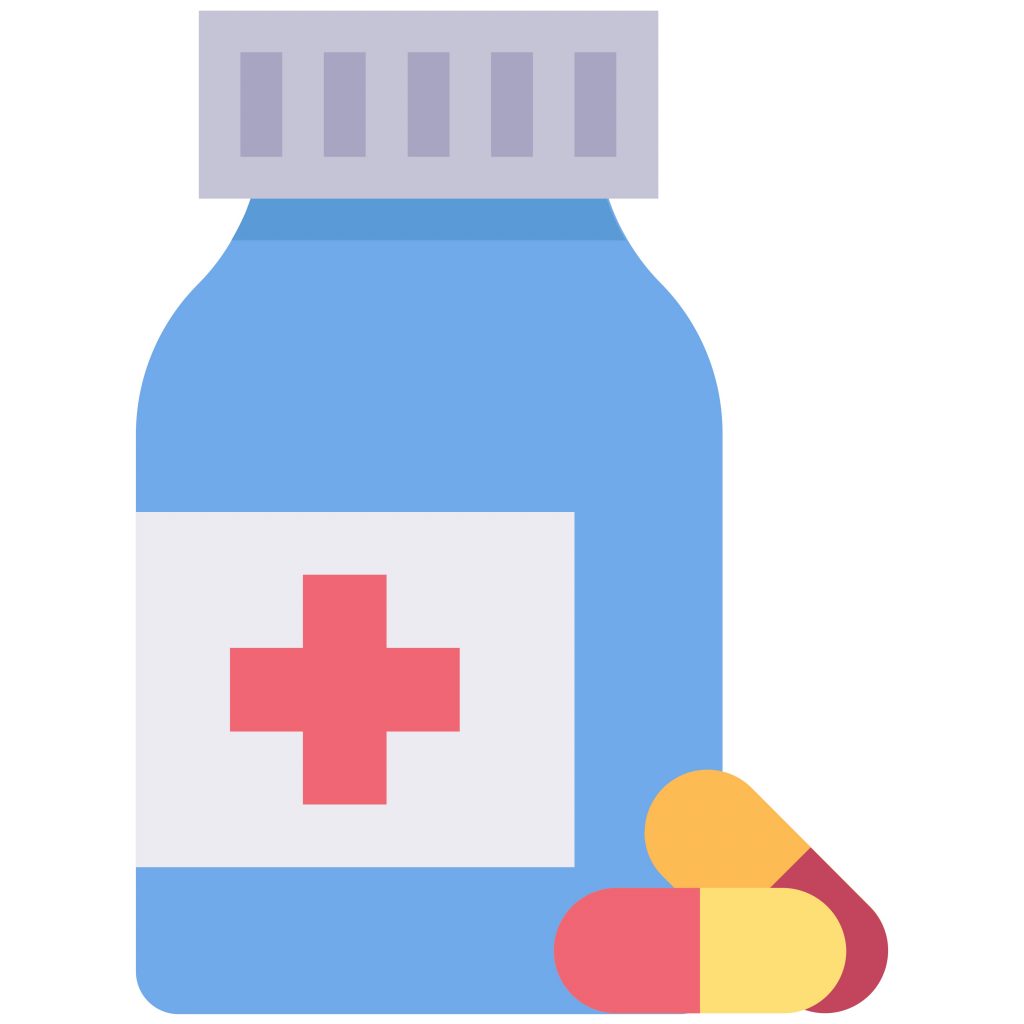Clinical Pharmacist.
– Resolving day-to-day medicine issues. Consulting and treating patients directly.

Clinical Pharmacist
Experts in medicines. Working as part of the general practice team.
Wandle PCN currently has 6 clinical pharmacists working with our 5 GP practice teams to improve the value and outcomes from medicines. They consult and treat patients directly, providing extra help to manage long-term conditions and advice for those on multiple medicines. Their role is pivotal in improving the quality of care and ensuring patient safety.
When will I see a clinical pharmacist?
You will see a clinical pharmacist when you need expert advice about your medicines. If your condition needs diagnosing, you will usually see a GP first, who may refer you on to a clinical pharmacist. Some members of our team of clinical pharmacists can, however, also diagnose and prescribe for minor illnesses.
